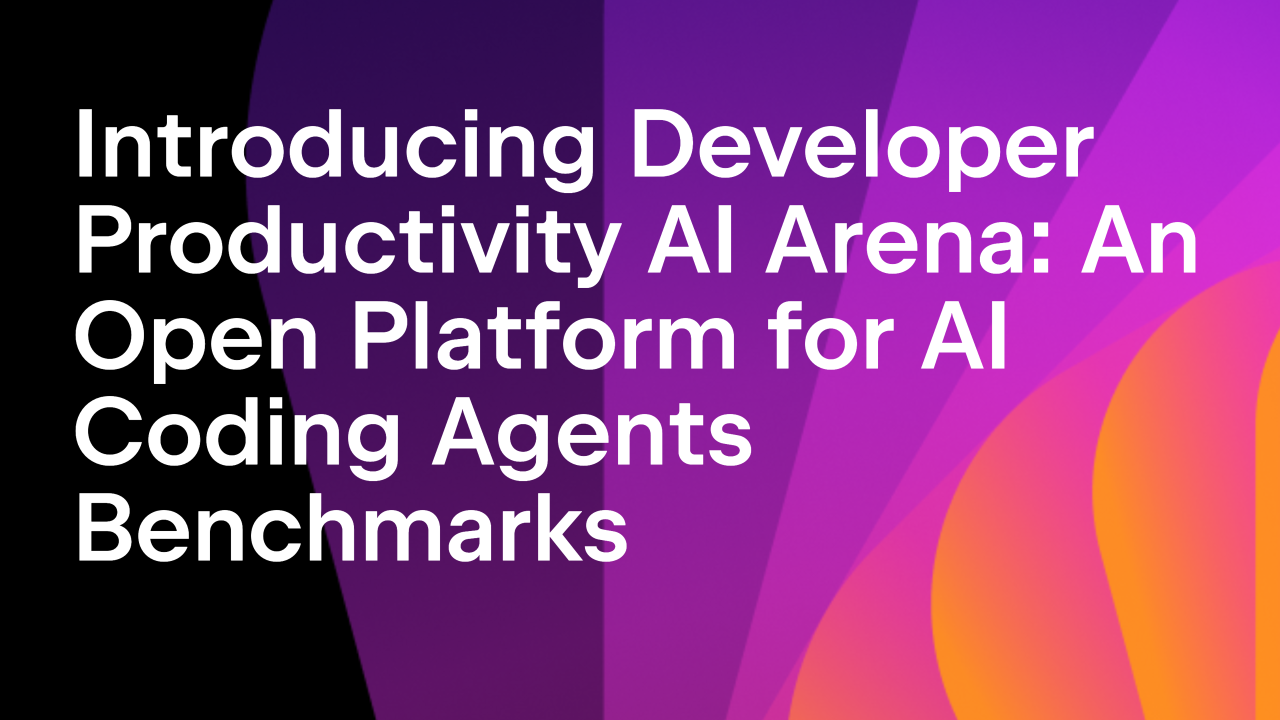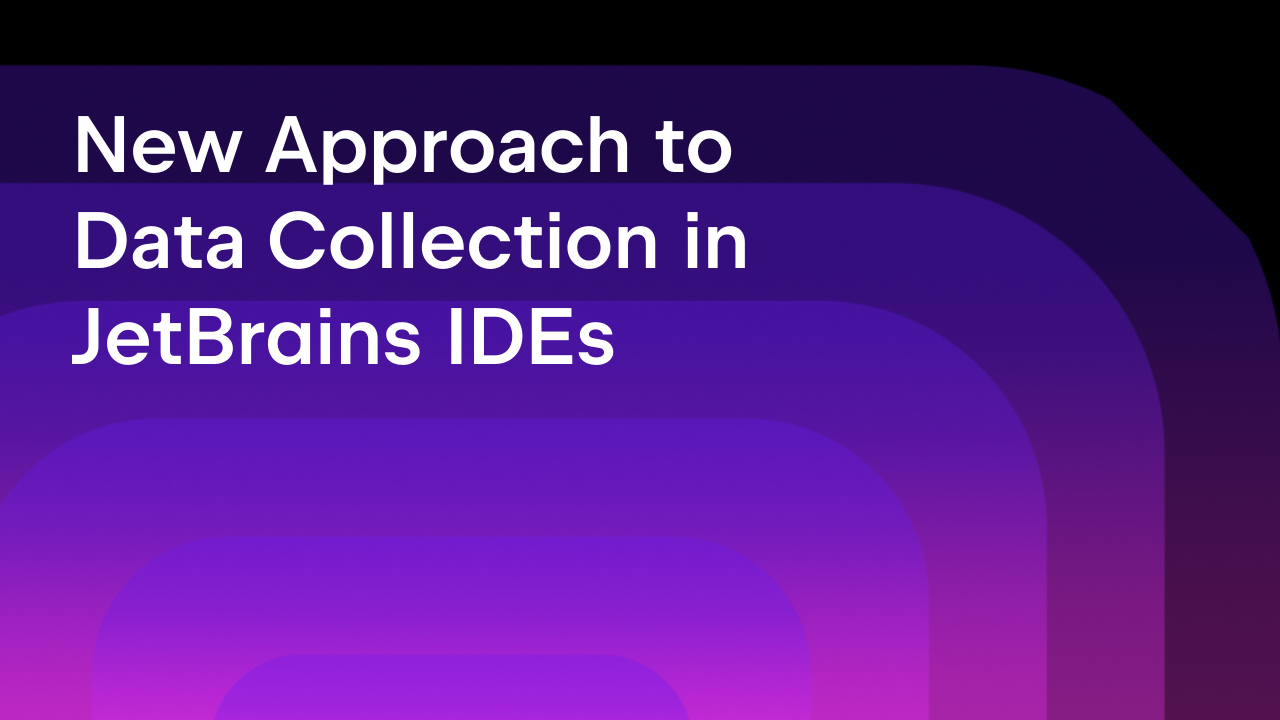Clarification on Go support plugin availability in IntelliJ-based IDEs
Yesterday we released the newest member to our family of IDEs, GoLand, an IDE for Go language. Additionally, this week we have also released major 2017.3 updates to many of our other tools, including IntelliJ IDEA, WebStorm, CLion, PyCharm, and more.
Some of our users who upgraded their corresponding IDE to the released version have noticed that the Go plugin is no longer available, which may have come as a surprise. We’d like to explain why this has happened and the reasons behind it.
First and foremost, this is not a recent change, nor is it related to the release of GoLand this week. Over a month ago we mentioned in one of the GoLand EAP blog posts that the Go plugin would no longer be available in future EAPs and releases of IDEs other than IntelliJ IDEA Ultimate. The reason behind this, as outlined in the post, is that this aligns with our general IDE approach: PyCharm for Python, RubyMine for Ruby, etc., and GoLand for Go.
It seems that by not having disabled the Go plugin in other IDEs from the start of the EAP program, and by not having communicated this properly to a wider audience when the change was made, the current situation has come as somewhat of a surprise to some of our users.
We failed, and we sincerely apologize for this. Rest assured, however, that it was never our intention to mislead anybody. It was though an oversight on our part in how we presented it. The plugin was never shipped out of the box nor enabled by default in any of our IDEs.
To reiterate, it was always in the plan to have Go plugin functionality available as part of the GoLand IDE. If you want Go functionality combined with other technologies, then IntelliJ IDEA Ultimate is the right choice for you, much like in the case of the other technologies such as Ruby, Python, PHP, etc.
Once again, please accept our apologies for not communicating the change clearly enough.
JetBrains
Subscribe to JetBrains Blog updates








